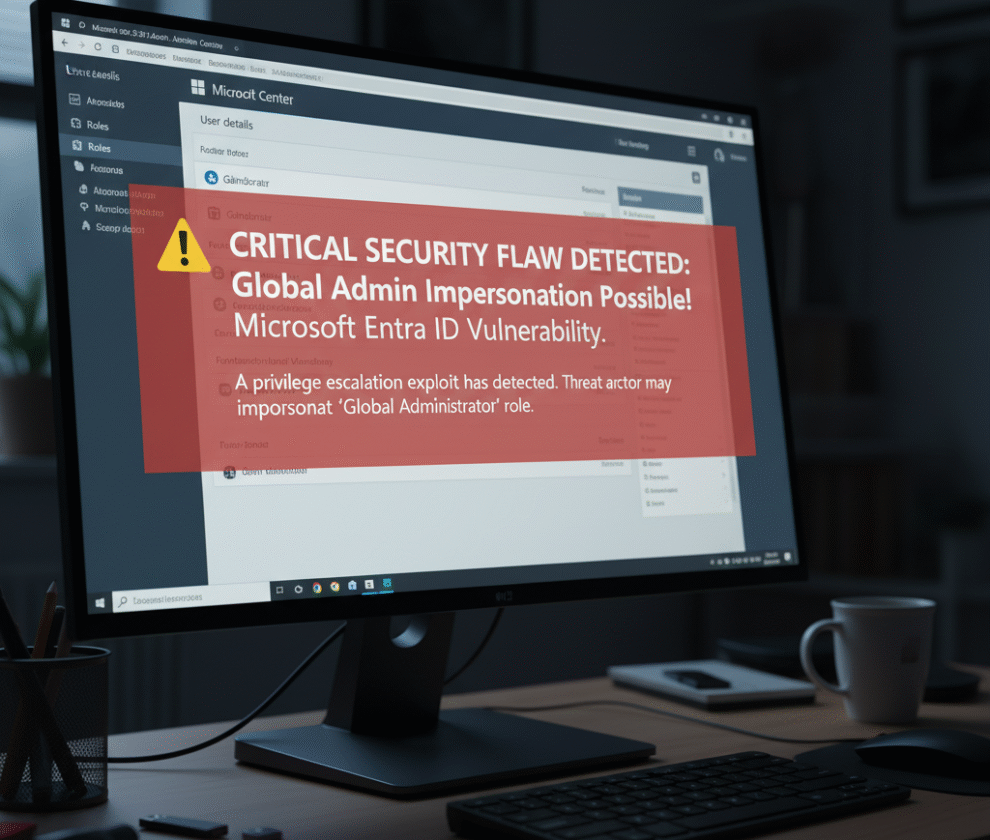Introduction
The digital landscape is evolving rapidly, bringing not only countless opportunities but also growing threats. For financial institutions and companies handling sensitive data, ransomware attacks represent a significant danger. These malicious cyberattacks can lead to financial losses, reputational damage, and regulatory fines, making it critical to deploy robust security strategies. This article delves into the impact of ransomware, spotlighting the Hometown Credit Union incident of October 31, 2025, and offers actionable tips to protect financial data from such threats.
What Is Ransomware?
Ransomware is a type of malware designed to encrypt an organization or individual’s files, rendering them inaccessible. Attackers then demand a ransom in exchange for a decryption key, creating a financial and operational strain. Modern variants employ double extortion tactics, where they not only lock the data but also exfiltrate it, threatening to release it publicly to add pressure.
The Hometown Credit Union Attack
On October 31, 2025, Hometown Credit Union was named on a data leak site associated with the AKIRA ransomware group. Sensitive human resources documents, including Social Security numbers, addresses, phone numbers, and driver’s license information, were reportedly compromised. Financial and accounting records were also targeted. Although no leaked attachments or screenshots surfaced, the potential consequences for data security are alarming and highlight the importance of preparation and prevention.
How Ransomware Impacts Financial Institutions
For financial organizations, ransomware attacks can have a devastating impact. Here are some of the major consequences:
- Legal Risks: Breaching data privacy regulations such as the GDPR or CCPA can lead to hefty fines.
- Loss of Customer Trust: Clients are less likely to trust institutions unable to safeguard sensitive data.
- Financial Costs: According to a 2023 report by the Ponemon Institute, incident response in financial institutions often costs hundreds of thousands of dollars on average, including expenses to recover data and restore affected systems.
The Hometown Credit Union case illustrates the tangible risks posed by unpreparedness in the face of ransomware.
Proactive Strategies to Secure Financial Data
To mitigate risks and strengthen cybersecurity measures, financial organizations and businesses should adopt these key strategies:
1. Continuous Training and Awareness
Educate employees to identify phishing scams, which often serve as the entry point for ransomware attacks. Regular simulations and training sessions build vigilance against common tactics.
2. Implement Frequent Data Backups
Ensure backups are created regularly and stored securely offline or in isolated systems. Test recovery processes to confirm backups are effective.
3. Advance Cybersecurity Solutions
Deploy next-generation antivirus software, intrusion detection systems (IDS), and endpoint detection and response (EDR) technologies to detect and block ransomware attacks in real time.
4. Incident Response Planning
Establish a detailed incidence response plan. Collaborate with cybersecurity experts to conduct risk assessments and improve existing protocols.
5. Reliable Partnerships
Work with specialized cybersecurity firms such as Lynx Intel to perform vulnerability tests, enhance network defenses, and provide expert support during a crisis.
Understanding Cybersecurity Regulations
Policymakers worldwide have increasingly implemented cybersecurity regulations to protect personal and organizational data. The General Data Protection Regulation (GDPR) in Europe and the California Consumer Privacy Act (CCPA) in the United States provide frameworks designed to encourage better information security practices and penalize negligence. Compliance with these guidelines is both a legal obligation and a means to reduce risk.
Conclusion
Ransomware is one of today’s most significant cybersecurity threats, particularly for industries handling vital financial data. The Hometown Credit Union breach serves as a sobering example of what can happen without adequate defenses. By fostering a proactive approach, training staff, utilizing advanced technologies, and complying with regulatory requirements, organizations can protect themselves effectively. Collaborating with cybersecurity experts can further strengthen defenses, ensuring that data integrity and customer trust remain intact.
For expert guidance in safeguarding your organization’s financial data, contact Lynx Intel today. Together, we can keep your sensitive information secure from ransomware attacks.


